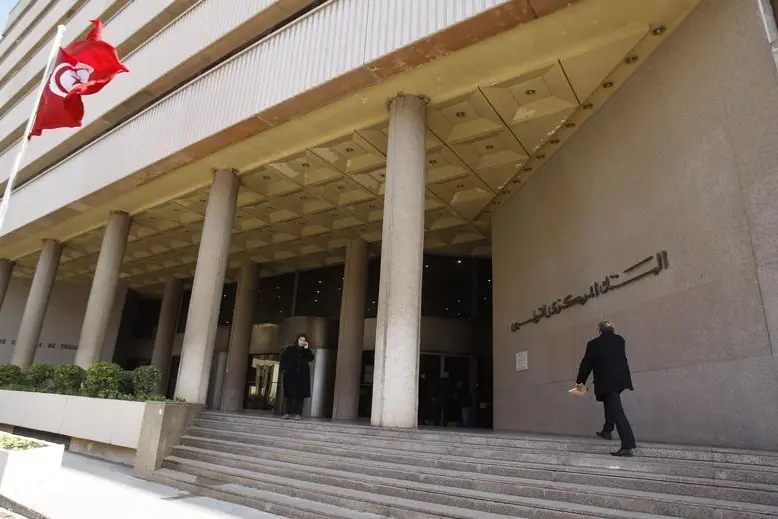
Tunisian lawmakers want to pass a bill that would end the central bank’s independence by letting other banks set interest rates
A bill put forward by lawmakers on Friday showed that Tunisia’s central bank will no longer be able to change interest rates or foreign exchange policy on its own. Instead, it must speak with the government before making any changes. However, the central bank will still be able to fund the treasury.
The new move will make the central bank much less independent. This comes after President Kais Saied said that the bank shouldn’t be a state within a state, which is what this step does.
The possible big change to the central bank rule comes at a very bad time for the government’s finances. Since Saied took over most of the power in 2021 and started ruling by order, the country has not been able to get money from the West. This is something the opposition has called a coup.
There were 27 politicians who said that if the bank law wasn’t changed, Tunisia would go bankrupt.
They said the current law, which was passed in 2016, has caused the state to lose a huge amount of money—about $36.6 billion—because it doesn’t let the central bank lend money to the public budget or buy bonds directly.
The bill also says that the bank should not be able to sign deals with foreign watchdogs without first getting permission from the president.
Last year, Saied said that the central bank shouldn’t be free to do what it wants. Instead, he said, the bank should lend straight to the state treasury to avoid expensive loans through banks.
A budget shortfall had to be filled in January, so the government asked the central bank to send $2.25 billion directly to the treasury.
Marouan Abassi, who used to be the head of the central bank, said that buying treasury bonds came with risks, such as inflation going up and the value of Tunisia’s currency going down.
Zouhair Nouri took over for Abassi earlier this year.
The central bank has had full control over money supply, assets, and gold since 2016.
But the suggested bill showed that the central bank could change interest rates and do things with gold and money after talking to the government.
The bill says that the central bank can buy government bonds from banks and lend up to 3% of GDP straight to the treasury on loans with terms longer than five years.
Sources in the financial world told Reuters that this move will likely make it easier for the government to ask the central bank for up to $2.6 billion in direct facilities and loans to the budget.
All Categories
Recent Posts
Tags
+13162306000
zoneyetu@yahoo.com



